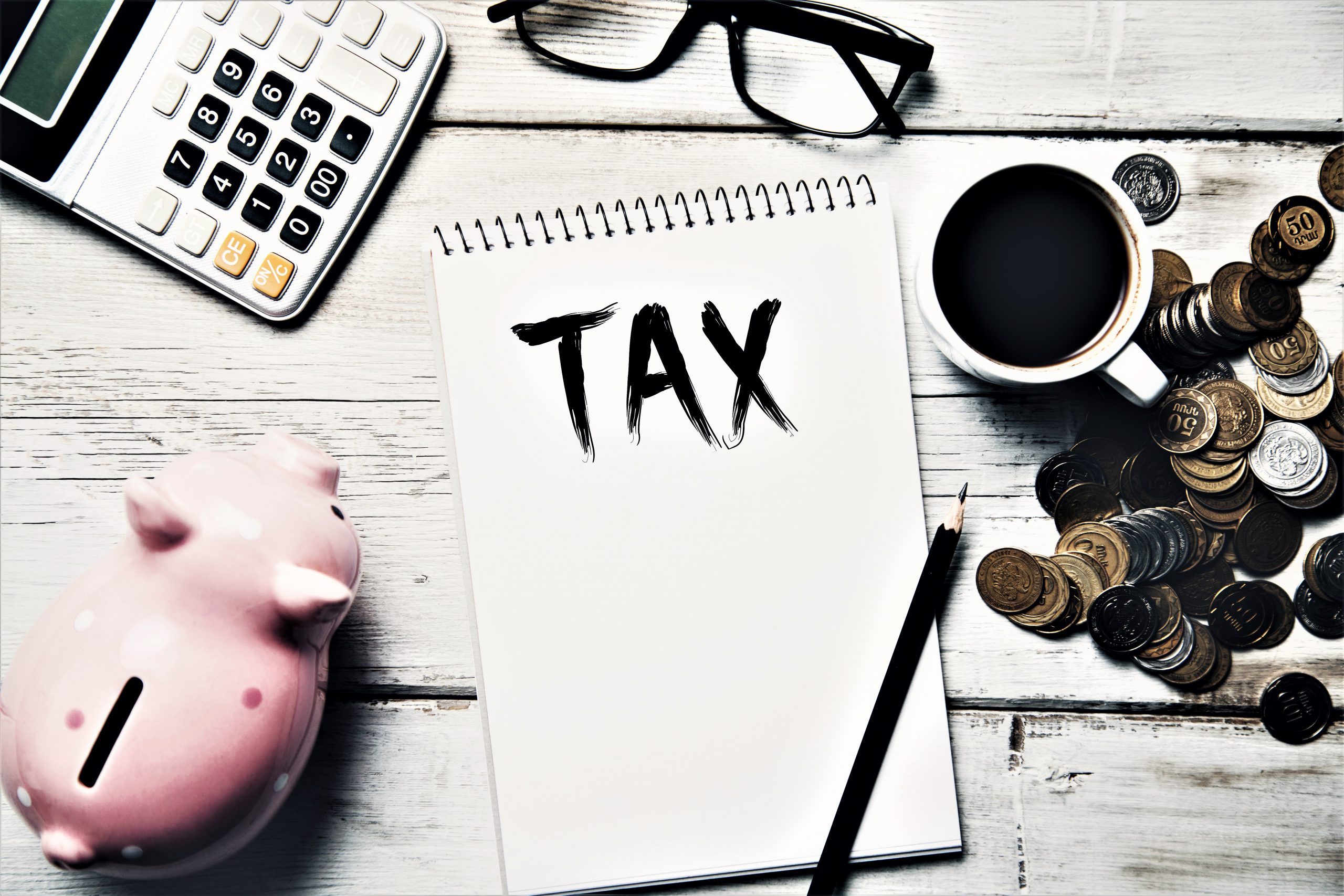As the old adage goes, “in this world nothing can be certain, except for death and taxes.” Whilst this may be true in the most part, it doesn’t mean that you can’t benefit from some tax saving tips. Whether employed or self-employed, we should all pay our fair share of tax. However, it can be easy to pay more than you need to, whether through a mistake on your part, on the part of HMRC or by ignoring the many ways in which you can reduce your bill. The cost-of-living crisis has had a major effect on everyone, both individuals and businesses and any way in which we can save money, is welcome.
With this in mind, what are some top tax saving tips?
ISA
Individual Savings Accounts or ISAs offer methods for saving money that are tax efficient. Each tax year, UK residents are allowed to save up to £20,000 in ISA accounts, tax free. Individuals can choose to use all of this allowance in a single ISA or spread it across multiple different ISAs. It’s worth noting that there are different types of ISAs available, ranging from simple cash accounts to stocks and shares ISAs, in which your savings can be used to make money. You will pay no income tax on the dividends and interest accrued from your ISAs. Also, profits made from investments are free from capital gains tax. It’s fair to say that anyone looking to reduce their tax burden should take advantage of their ISA allowance, each year.
Self-Assessment
Those who are new to being self-employed may find that their relationship with tax becomes more complicated. Self-assessment can seem daunting at first but it’s important to keep on top of your tax responsibilities. This means collecting and storing evidence such as receipts and invoices throughout the year, to use during tax season. It also means completing registration and self-assessment before their relevant deadlines. Failure to do so can lead to hefty fines or even investigation from HMRC. If you own a small business or you’re a sole trader, aim to avoid these costly and time-consuming mistakes.
Expenses
For those who are self-employed, there are specific business costs which can be claimed as expenses, reducing your overall tax burden. Any allowable expenses can be used to reduce your overall turnover and therefore the amount that is taxed. There are a wide variety of allowable expenses, the majority of which come under the umbrella of “running costs”. These include office costs, travel costs, clothing, utilities and marketing, as well as many more. It’s important to research the allowable expenses that apply to you and your business. After all, any way in which you can reduce your tax burden is going to help.
Pensions
Contributions made to private pensions are free of income tax and therefore offer a way to save money. Not only does this mean that you can increase your pension fund without having to pay HMRC, but you can also reduce your taxable income. Currently, you can contribute up to £60,000 in pension contributions each year and still receive tax relief. This is a sort of reward from the government for proactively saving and reducing the reliance on state pension. When trying to reduce your tax costs, always consider pension contributions as they not only offer relief but also offer long-term security.
Although an integral aspect of society, it’s fair to say that not many of us look forward to tax season. However, with some small, considered changes, you can make substantial savings.
Whether it’s advice on saving money, or expert guidance on investigations from HMRC- the team at Taxation Investigation offer comprehensive tax-based solutions.
















